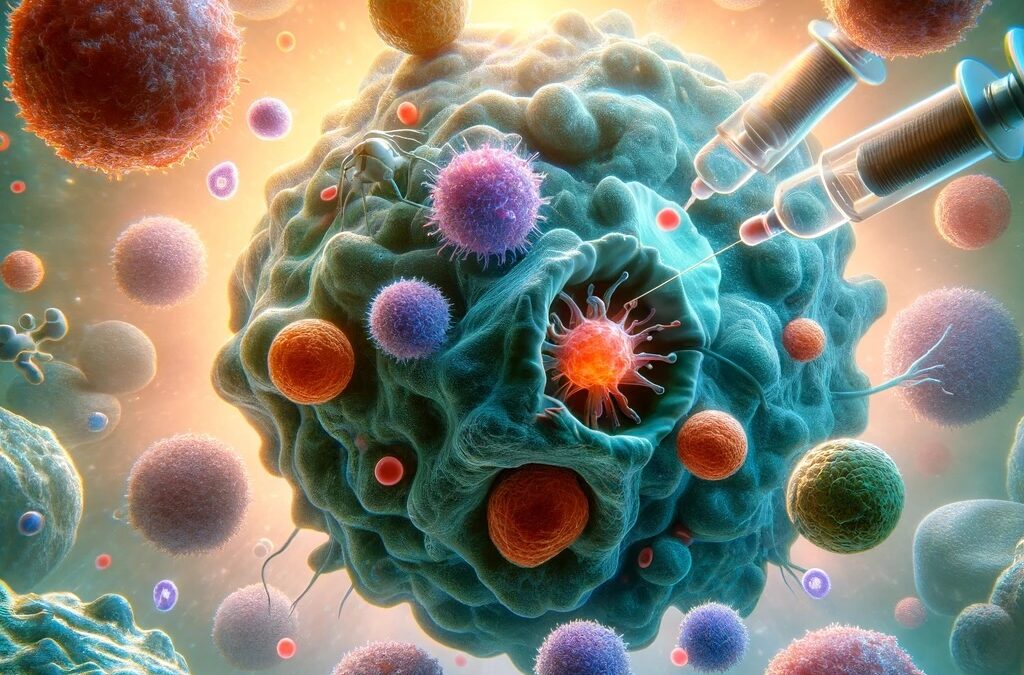In a world where advancements in cancer treatment can mean the difference between life and death, the results of the EV302 clinical trial come as a beacon of hope for those battling advanced urothelial cancer, a common form of bladder cancer. This study has unveiled a promising new dual therapy that not only challenges but significantly improves upon the prior standard of care. Here’s a deep dive into what this means for patients and the future of bladder cancer treatment.
What is the EV302 Study?
The EV302 clinical trial focused on the effectiveness of combining two drugs: enfortumab vedotin (EV) and pembrolizumab, as a treatment for advanced urothelial cancer. This international trial involved 886 patients across 50 sites worldwide, marking a substantial effort to find a better treatment option for this aggressive cancer. The findings were presented at the 2023 ESMO Congress.
Mechanism of action
Enfortumab vedotin is an antibody-drug conjugate (ADC) specifically designed to target and destroy cancer cells. Pembrolizumab is an immunotherapy drug that works by enhancing the body’s immune response against cancer cells.
The Significant Findings
The results of the EV302 study are nothing short of groundbreaking. Compared to traditional chemotherapy, the EV-pembrolizumab combination has nearly doubled the life expectancy of patients. Specifically, it doubled the median progression-free survival time from 6.3 months to 12.5 months and nearly doubled the median overall survival time from 16.1 to 31.5 months. Additionally, 68% of patients experienced a reduction in cancer size with the new therapy, compared to 44% who received chemotherapy.
Side effects
Common side effects may include, though not limited to, fatigue, rash, diarrhea, drop in blood counts, neuropathy, and immune mediated side effects like thyroid dysfunction (either hyperthyroidism or hypothyroidism)
A Leap Forward from Traditional Chemotherapy
For decades, the most effective treatment available for advanced urothelial cancer was a combination of cisplatin and gemcitabine chemotherapy. While this regimen has been the cornerstone of treatment, its effectiveness has been limited, with many patients experiencing poor survival rates. The EV302 study’s findings suggest a paradigm shift, where the new dual therapy could become the new standard of care, offering hope for longer survival and potentially long-term remission for many patients.
What This Means for Patients
For patients and their families, these findings represent more than just statistical improvements; they signify a chance for more time, better quality of life, and hope for a future where bladder cancer can be managed more effectively. With the potential for this new therapy to become the standard of care, patients facing advanced urothelial cancer may soon have access to a treatment that offers a significant improvement over the current options. In recent years, bladder cancer treatment has undergone significant progress.
Looking Ahead
As the medical community welcomes these findings, the next steps involve regulatory approval processes to make this dual therapy accessible to patients. The success of the EV302 study underscores the importance of clinical trials and the continuous search for better cancer treatments. It also highlights the role of immunotherapy in transforming cancer care, offering patients more effective, targeted treatment options.



Recent Comments